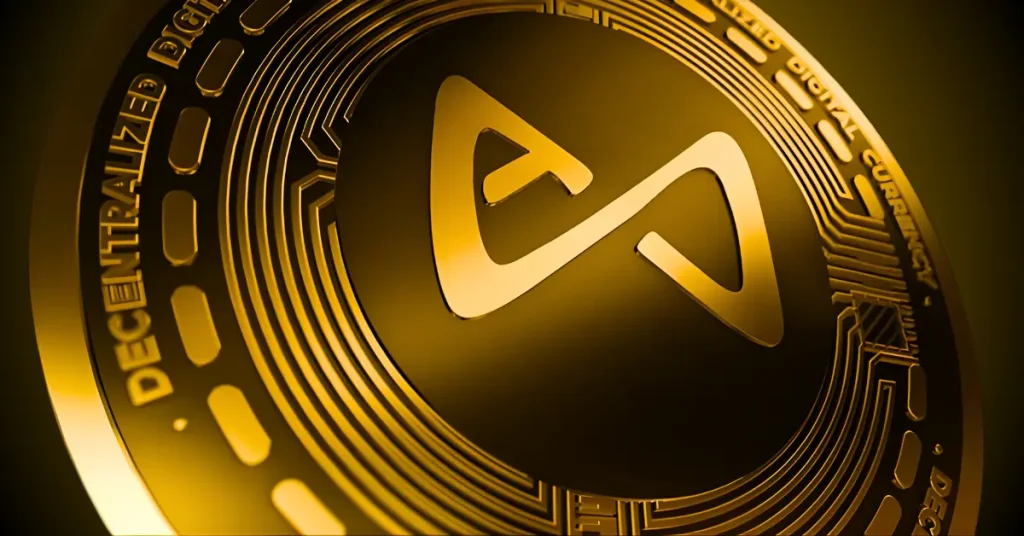OpenAI is moving quickly to turn Sora, its new AI video app, into a money-making machine after its debut this week on Apple’s App Store.
The app lets users type prompts to generate short clips, and it has already filled timelines with animated characters, brand logos, and even political figures.
Chief Executive Sam Altman said on Friday that the company will soon introduce ways for rights holders to control how their characters are used, while also testing revenue-sharing with those who allow their properties inside the app.
Speaking in a video surrounded by Pokémon, Sam added bluntly, “I hope Nintendo doesn’t sue us.” The company acknowledged that users are generating far more clips than expected. Many of those videos, though, are for small audiences and include material protected under copyright law.
That reality has lawyers warning that OpenAI could soon face major lawsuits. The app, still invite-only and available only on iOS, shot to the top of Apple’s download charts by Wednesday, just a day after launch.
According to CNBC, users have already created videos with characters from SpongeBob SquarePants, Rick and Morty, South Park, and Despicable Me. Some showed Ronald McDonald escaping police in a burger car, while others depicted Patrick Star, Pikachu, Starbucks cups, and even The Simpsons.
OpenAI offers rights holders new controls in Sora
On his blog, Sam said two major changes are coming. The first is new tools for rights holders to give “more granular control over generation of characters.” This builds on the opt-in model for likeness already in place but goes further.
Sam wrote that OpenAI is hearing from rights holders who see value in what he called “interactive fan fiction,” but those same owners also want to decide exactly how their characters can or cannot be used. He said the company plans to apply one standard to everyone while letting rights holders decide if they want in.
“There may be some edge cases of generations that get through that shouldn’t, and getting our stack to work well will take some iteration,” Sam explained. He also pointed to Japan, noting the “remarkable creative output” from its users and how deep the connection is between fans and Japanese content.
The second change will be monetization. Sam said OpenAI needs to “somehow make money for video generation” as usage has far exceeded expectations. He said the company will begin experimenting with revenue sharing for rights holders who allow their characters in user-generated videos.
“The exact model will take some trial and error to figure out, but we plan to start very soon,” he wrote. Sam compared the pace of change in Sora to the early days of ChatGPT, promising rapid testing and quick fixes when mistakes are made.
Varun Shetty, OpenAI’s head of media partnerships, said that the company would work with rights holders who want characters blocked from Sora. “We’ll work with rights holders to block characters from Sora at their request and respond to takedown requests,” Varun said.
He also added that the demand for fan interaction is strong. “People are eager to engage with their family and friends through their own imaginations, as well as stories, characters, and worlds they love,” said Varun.
Copyright experts warn OpenAI about lawsuits
Legal experts are not impressed. Mark Lemley, a professor at Stanford Law School, said that “a lot of the videos that people are going to generate of these cartoon characters are going to infringe copyright.” He warned that OpenAI is “opening itself up to quite a lot of copyright lawsuits by doing this.”
Mark also emphasized that if a company loses control of its copyrighted characters, the fallout could be serious. “You can imagine why Taylor Swift wouldn’t want, even if pornography is off the table, wouldn’t want videos of her purporting to say things she doesn’t say,” he said. “I think the same is going to be true of cartoon characters.”
The copyright pressure is already visible across the industry. Disney and Universal have filed lawsuits against Midjourney, accusing it of distributing AI-generated characters taken from their films.
Disney also sent a cease and desist letter to Character.AI last week to stop it from using Disney characters without authorization. With Sora generating the same type of user content, OpenAI now sits on the frontline of a fresh legal storm.
Get up to $30,050 in trading rewards when you join Bybit today
















 English (US)
English (US)